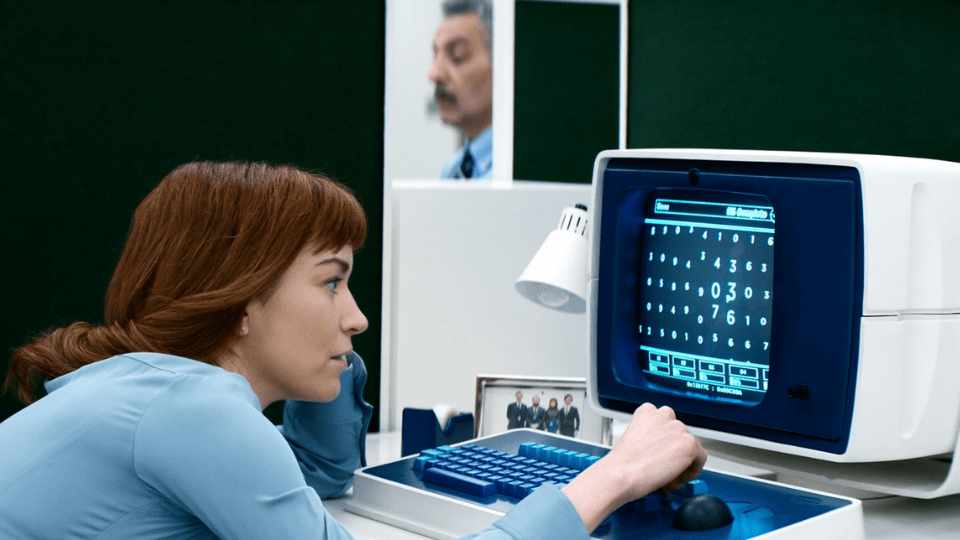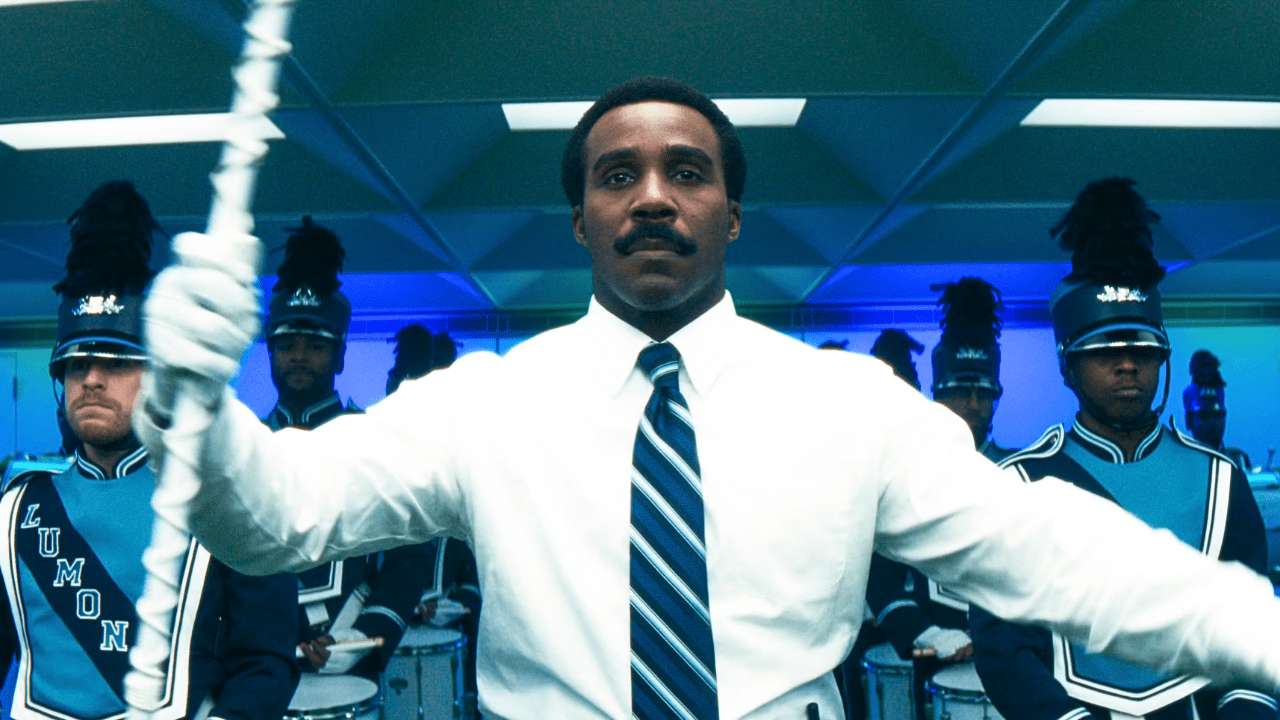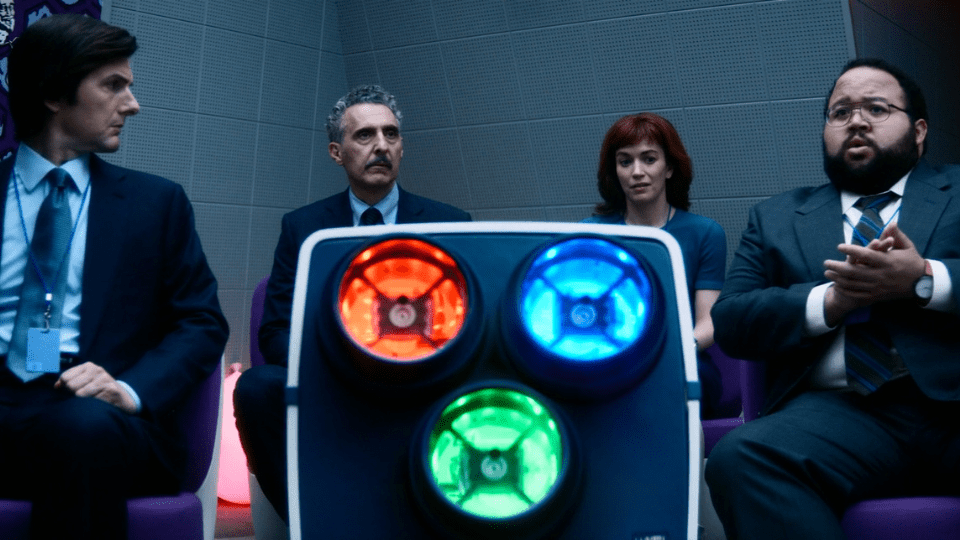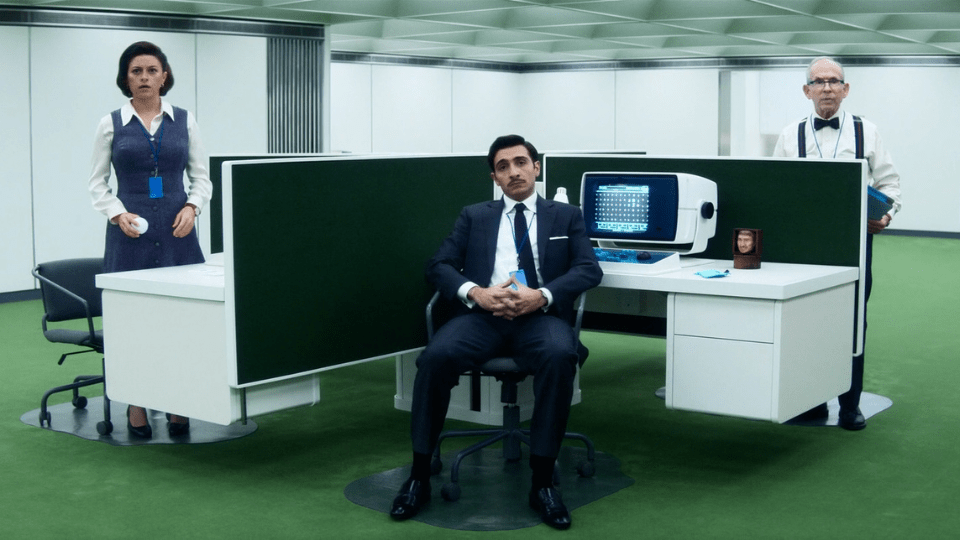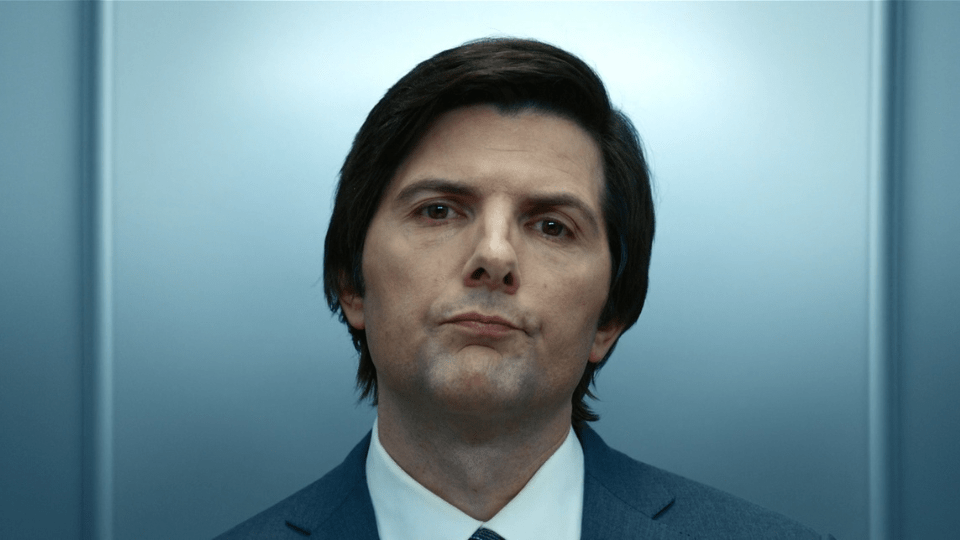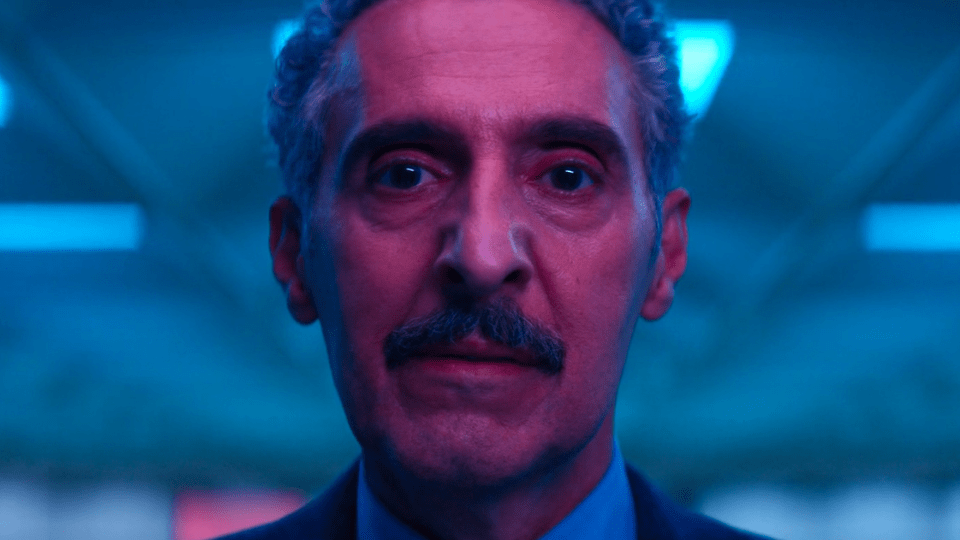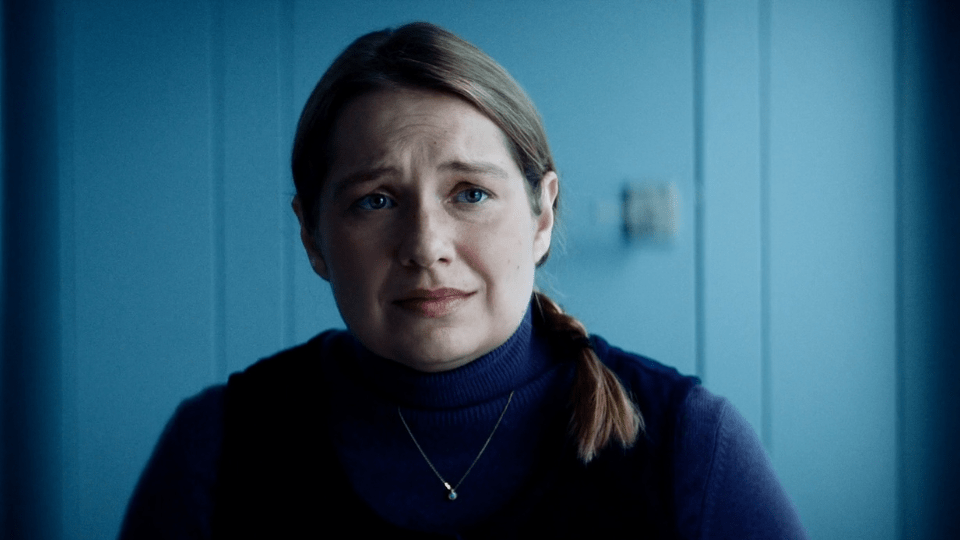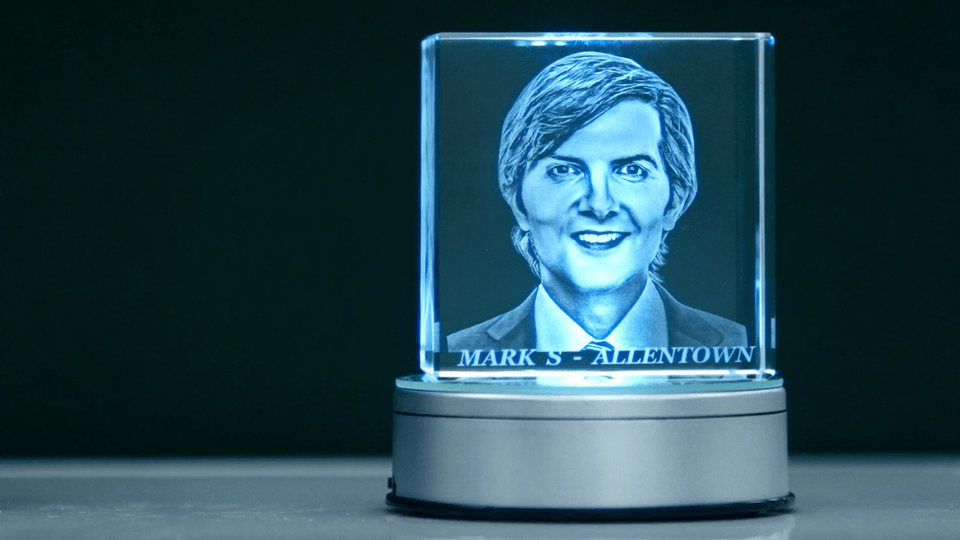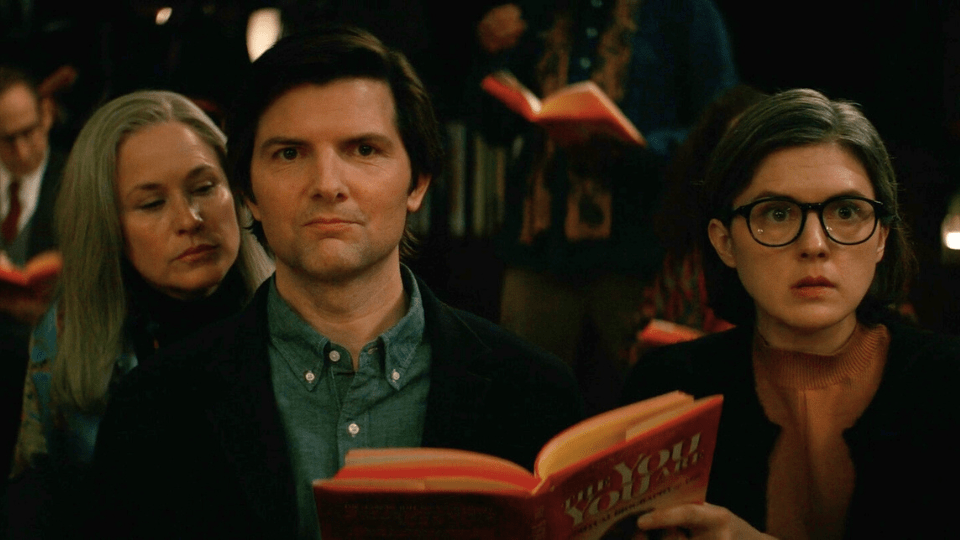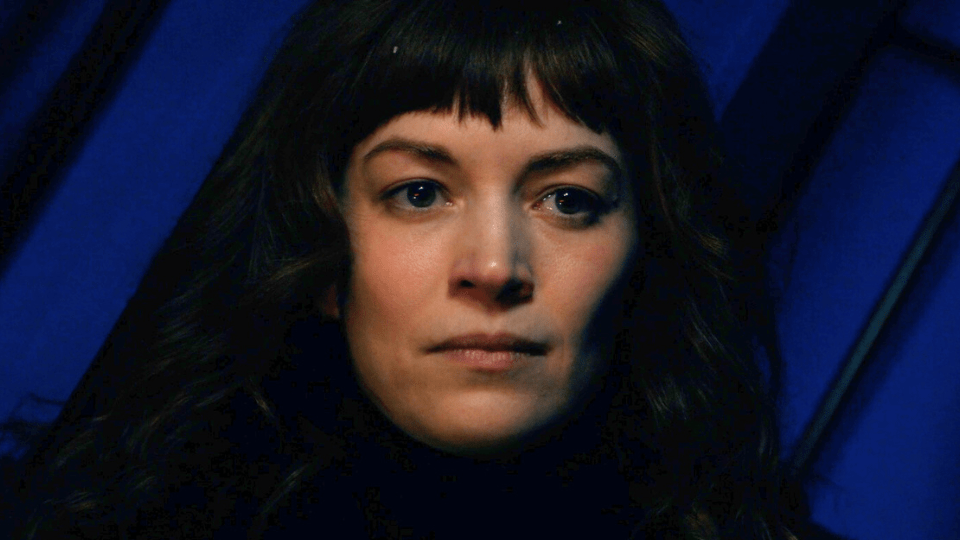Among the many eerie details in Severance, none is more quietly unsettling - or strangely captivating - than the work of Macrodata Refinement. At first glance, it looks like digital busywork: employees stare at abstract numbers on vintage-looking screens, selecting those that “feel scary” and sorting them into mysterious bins. But as with everything at Lumon, the surface simplicity masks something much deeper and far more sinister.
Macrodata Refinement Severance: Data, Emotions, or the Human Soul?
What is Macrodata Refinement actually doing? That’s the question that has haunted fans since the very first episode. In the world of Severance, the severed employees on the MDR (Macrodata Refinement) team are told little about the nature of their work. They’re given vague instructions: circle the numbers that make you feel uneasy and file them into one of four labeled categories. That’s it. But by Episode 3 of Season 1, we get a disturbing hint from Lumon’s founder, Kier Egan, who posited that the human soul is composed of four “tempers”: woe, frolic, malice, and dread. These categories happen to correspond perfectly with the four sorting bins on the employees’ computers. That’s no coincidence.
The implication is chilling: Macrodata Refinement Severance isn’t just about isolating data - it may be a method for mapping the human soul.
Are the numbers representations of actual people? Are the refiners, unknowingly, sorting human experiences or personalities into categories? Could this explain why the numbers evoke emotional responses, even from individuals who have been neurologically severed from their full life memories?
Why Do the MDR Numbers Feel Scary?
One of the eeriest questions Severance leaves us with is this: Why do the numbers feel scary? The show in Season 1 never explains what’s encoded in the digits. But severed employees like Mark and Helly instinctively sense when a number is “wrong,” as if they’re responding to something pre-linguistic, more primal than logical.
One fan theory suggests this emotional reaction occurs precisely because the employees lack access to a full emotional spectrum. Severed individuals are cut off from the context of their own lives, including nuanced emotional memories. So when an emotion does arise (whether dread or joy) it registers as foreign, intense, and often frightening. In that sense, Macrodata Refinement may be triggering emotional echoes or residual psychic impressions from the outside world.
This becomes even more intriguing when we consider Ricken’s cryptic message to Mark in his book: “You are a cartographer of the mind.” It’s an odd phrase, unless you read it literally. What if the MDR team is mapping cognition - emotion, memory, or even morality? In that case, Macrodata Refinement Severance could be a digital form of soul-sorting, performed by people who have no idea what their actions truly mean.
Are the MDR Team Unwitting Technicians of Consciousness?
In Kier Egan’s twisted vision, Macrodata Refinement seem to be “purifying” or “extracting” something fundamental about the human psyche, but they’re doing it in the dark. Severed, isolated, and emotionally stunted, they work without understanding but their work might be reshaping people’s internal landscapes. This fits seamlessly with the broader themes of Severance: questions about autonomy, identity, and the commodification of the self. The MDR team’s sterile environment, repetitive movements, and cult-like devotion to Kier’s mysterious Handbook all reinforce the sense that something larger and more philosophical is at play.
In a show that blurs the lines between corporate protocol and spiritual ritual, Macrodata Refinement is perhaps the purest expression of that fusion. It’s corporate soul-mapping under the guise of “refinement,” with employees reduced to unknowingly performing mind surgery on the company’s behalf.
While the work of Macrodata Refinement in Severance may appear mundane on the surface, the implications are profound. The strange emotional cues, the uncanny link to Kier Egan’s Four Tempers, and the symbolic language of being a “cartographer of the mind” all suggest a deeper metaphysical layer.
Macrodata Refinement Severance is not just a weird job - it’s a puzzle piece in a much larger picture, one that points toward a future where the boundaries between technology, identity, and spirituality are increasingly blurred. So when we next see Mark S or Helly R scanning for “scary numbers,” we should be asking, what are they really refining and who is being refined?

